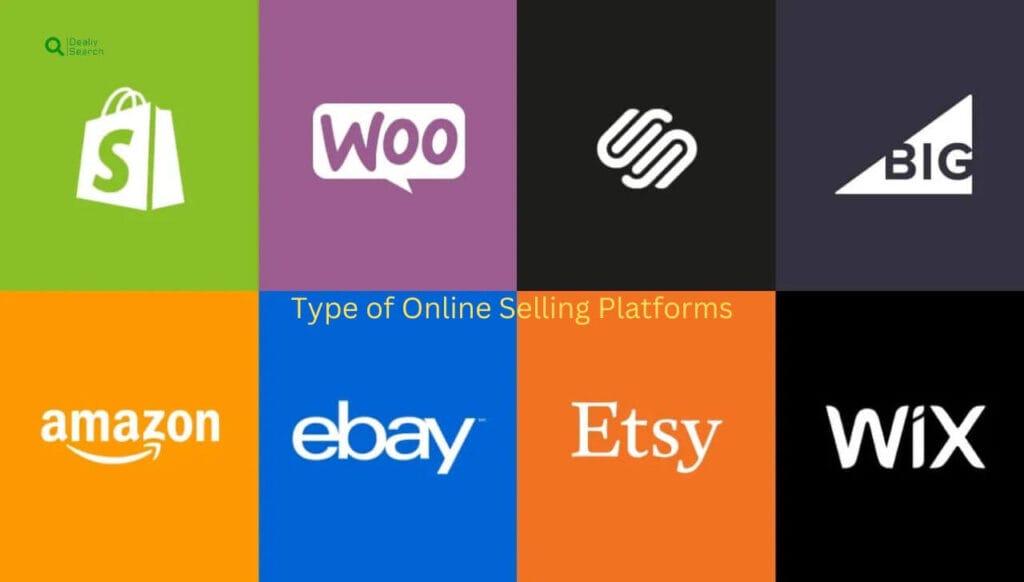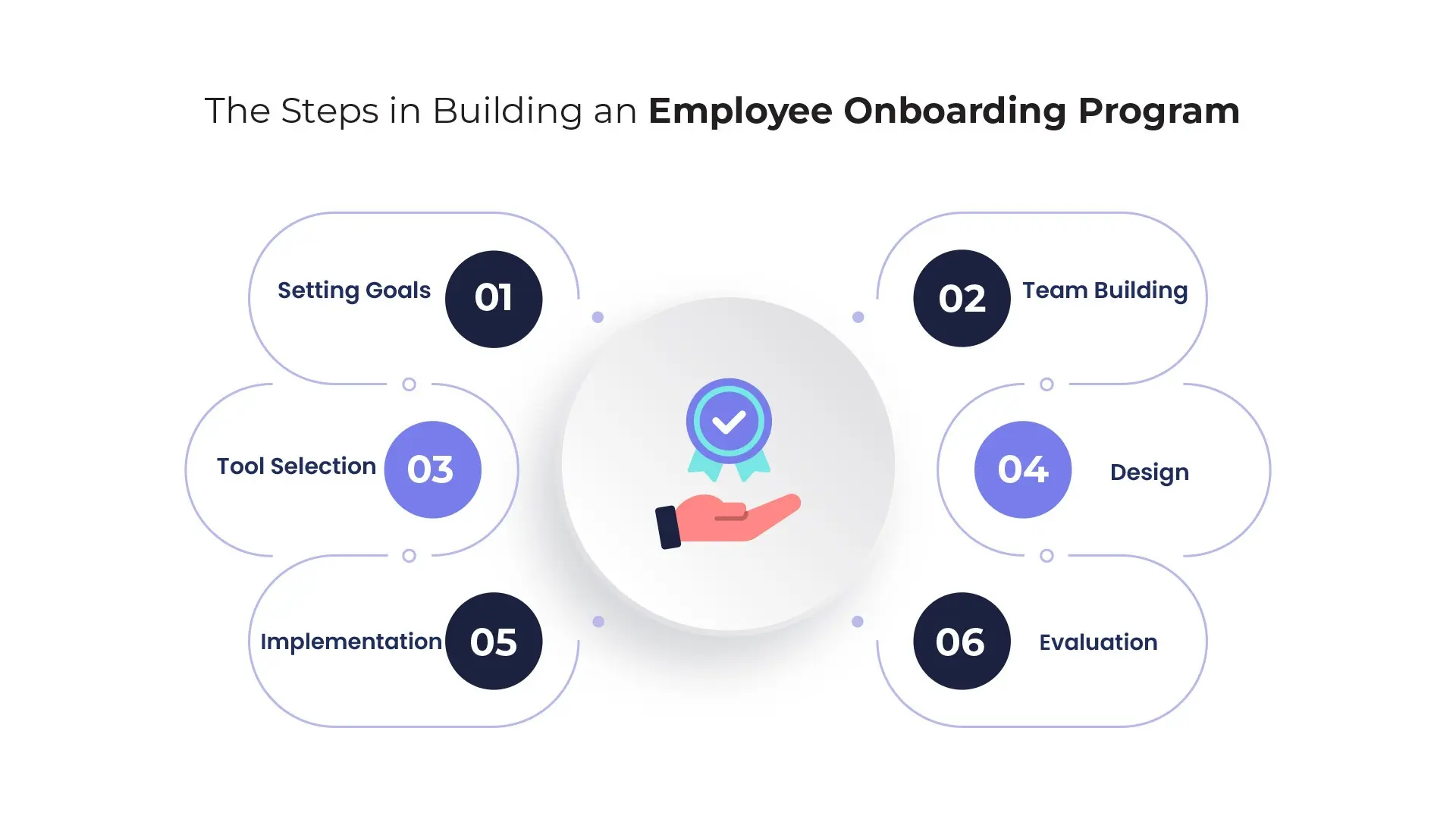The Ultimate Guide to Most Popular Online Selling Platforms

In today’s digital world, online selling platforms have revolutionized the way businesses and individuals sell products and services. These platforms provide a convenient and accessible way to reach customers globally, eliminating the need for physical stores. Whether you’re an entrepreneur starting a new business or an established seller looking to expand your reach, choosing the right online selling platform is crucial for success.
From individual creators to large enterprises, choosing the right online selling platform can significantly impact the success of your e-commerce activities. This guide explores various online selling platforms, offering insights to help you select the most suitable one for your business needs.
What are Online Selling Platforms?
Online selling platforms are digital marketplaces or e-commerce solutions that allow businesses and individuals to sell products and services over the internet. These platforms provide tools for listing products, managing inventory, processing payments, handling shipping, and engaging with customers.
There are two main types of online selling platforms:
- Third-Party Marketplaces: These platforms, like Amazon, eBay, and Etsy, allow sellers to list their products on an existing marketplace with a built-in audience. They usually charge fees or commissions for each sale.
- Standalone E-Commerce Platforms: These platforms, like Shopify, WooCommerce, and BigCommerce, enable sellers to create their own online stores. They offer more customization and control over branding, pricing, and customer interactions.
Some platforms, like Facebook Marketplace, Instagram Shopping, and WhatsApp Business, also enable direct selling through social media. Additionally, print-on-demand platforms (e.g., Redbubble, Teespring) allow sellers to create and sell custom-designed products without managing inventory.
Choosing the right online selling platform depends on factors such as product type, target audience, pricing, and business goals.
How to Choose the Right Online Selling Platform
Choosing the right online selling platform is essential for business success, and the decision depends on factors such as product type, target audience, budget, and business goals. First, determine whether you want to sell on a third-party marketplace like Amazon, eBay, or Etsy, which provides an existing audience but charges commissions, or if you prefer a standalone e-commerce store like Shopify or WooCommerce, which offers more branding control but requires marketing efforts. If you sell handmade or vintage products, Etsy is a great option, while Amazon is ideal for high-volume retail.
Next, consider ease of use and customization. Shopify and Wix provide user-friendly setups, making them suitable for beginners, while WooCommerce offers flexibility for those with WordPress experience. Pricing and transaction fees are also important; some platforms charge a monthly subscription, while others take a percentage of each sale. Additionally, check payment and shipping options Amazon FBA offers fulfillment services, whereas platforms like Shopify and WooCommerce require third-party integrations.
Finally, consider market reach and competition. Amazon and eBay have massive audiences but intense competition, while independent stores require self-promotion. Social sellers may benefit from Facebook Marketplace and Instagram Shopping. By evaluating these factors, businesses can select the most suitable platform to maximize sales and grow successfully.
Type of Online Selling Platforms
Online selling platforms come in different types, each catering to various business needs. Here are the main types:

Third-Party Marketplaces
These platforms allow sellers to list their products on an established marketplace with an existing customer base. They usually charge fees or commissions.
Examples:
- Amazon: Ideal for large-scale retail businesses.
- eBay: Best for auctions and unique products.
- Etsy: Perfect for handmade, vintage, and craft items.
- AliExpress: Great for international and drop shipping businesses.
Standalone E-Commerce Platforms
These platforms let businesses create their own online stores with full customization and branding control.
Examples:
- Shopify: A user-friendly e-commerce platform with built-in tools.
- WooCommerce: A WordPress plugin for building an online store.
- BigCommerce: Best for scalable businesses with advanced features.
- Magento: A customizable open-source e-commerce solution.
Social Media Selling Platforms
These platforms allow sellers to market and sell directly through social media.
Examples:
- Facebook Marketplace: Free to use for local selling.
- Instagram Shopping: Allows businesses to tag products in posts.
- TikTok Shop: Best for influencer-driven sales.
- WhatsApp Business: Enables direct communication and transactions.
Print-on-Demand & Digital Product Platforms
These platforms allow sellers to sell custom-designed products or digital goods without managing inventory.
Examples:
- Redbubble: Print-on-demand for custom artwork.
- Teespring (Spring): For selling custom clothing and accessories.
- Gumroad: Ideal for digital downloads and memberships.
- E-junkie: For selling software and digital products.
B2B (Business-to-Business) Marketplaces
These platforms are designed for bulk or wholesale selling between businesses.
Examples:
- Alibaba: A leading global B2B marketplace.
- IndiaMART: Best for businesses in India.
- Made-in-China: Connects buyers with Chinese manufacturers.
Each platform has its strengths, and choosing the right one depends on your business model, target audience, and selling strategy.
Benefits of Online Selling Platforms
Online selling platforms provide numerous advantages for businesses and individuals looking to sell products and services digitally. Here are the key benefits:
Wider Customer Reach: Online selling platforms connect businesses to a global audience. Marketplaces like Amazon, eBay, and Etsy attract millions of buyers, making it easier for sellers to reach customers beyond their local area.
Lower Startup Costs: Compared to physical stores, online platforms require less investment. Many platforms offer free or low-cost options for setting up an online store, making it accessible for small businesses and entrepreneurs.
Convenience & 24/7 Availability: With an online store, businesses can operate 24/7 without geographical limitations. Customers can browse and make purchases anytime, increasing sales potential.
Easy Setup & User-Friendly Interfaces: Many platforms, such as Shopify and WooCommerce, provide easy-to-use tools for setting up an online store. Even beginners can start selling without needing advanced technical skills.
Multiple Payment Options: Online selling platforms support various payment methods, including credit cards, PayPal, bank transfers, and even digital wallets, making it convenient for customers to make purchases.
Built-In Marketing & SEO Features: Platforms like Amazon, Etsy, and Shopify offer marketing tools such as SEO optimization, ads, and social media integrations to help sellers promote their products and increase visibility.
Scalability & Growth Opportunities: As businesses grow, online platforms allow sellers to scale by offering additional tools like inventory management, automated fulfillment, and customer analytics to optimize operations.
Secure Transactions & Trust: Reputable platforms provide secure payment gateways and buyer protection policies, building trust between sellers and customers while reducing fraud risks.
Inventory & Order Management: Most platforms offer automated inventory tracking, real-time order updates, and shipping integrations to streamline business operations.
Access to Analytics & Insights: E-commerce platforms provide detailed analytics, allowing sellers to track sales, customer behavior, and performance, helping them make data-driven decisions for business growth.
Frequently Asked Questions
What is an online selling platform?
An online selling platform is a digital marketplace or e-commerce solution that allows businesses and individuals to sell products and services over the internet. Examples include Amazon, eBay, Shopify, WooCommerce, and Etsy.
What are the best online selling platforms for beginners?
For beginners, platforms like Shopify, Etsy, and Facebook Marketplace are easy to use and require minimal technical knowledge. Shopify offers a simple store setup, Etsy is great for handmade and unique products, and Facebook Marketplace is ideal for local selling.
Do I need a website to sell online?
No, you don’t necessarily need a website. You can sell through third-party marketplaces like Amazon, eBay, and Etsy, or use social media platforms like Facebook Marketplace and Instagram Shopping. However, if you want full control over branding, setting up an independent store on Shopify or WooCommerce is recommended.
How much does it cost to sell on online platforms?
Costs vary by platform. Some have listing fees, transaction fees, or monthly subscriptions. For example:
Amazon charges referral fees per sale.
Etsy has listing fees and transaction fees.
Shopify requires a monthly subscription, starting at $29/month.
Facebook Marketplace is free unless using paid promotions.
How do online selling platforms handle payments?
Most platforms support multiple payment methods like credit/debit cards, PayPal, Stripe, and bank transfers. Some marketplaces, like Amazon and eBay, process payments and deposit earnings into your bank account after deducting fees.
Can I sell digital products on online selling platforms?
Yes! Platforms like Gumroad, Teespring, and Redbubble specialize in digital downloads and print-on-demand products. WooCommerce and Shopify also allow selling digital items like e-books, courses, and templates.
Which online selling platform is best for small businesses?
The best platform depends on the business type:
Shopify or WooCommerce: Best for those wanting their own branded store.
Etsy: Ideal for handmade and vintage goods.
Amazon: Good for businesses looking to scale quickly.
Facebook & Instagram: Best for social selling and engaging with customers directly.
Conclusion
Choosing the right online selling platform is crucial for maximizing your e-commerce success. By understanding each platform’s unique features and benefits, you can tailor your selling strategies to meet the needs of your target audience, optimize your operations, and enhance your overall sales performance. By evaluating factors like ease of use, costs, customization, payment options, and target audience, businesses can choose the platform that best aligns with their goals.
Whether you’re a seasoned seller or just starting, the digital marketplace offers abundant opportunities to grow your business. Explore these platforms to find the perfect fit for your products, and start selling smarter today.






